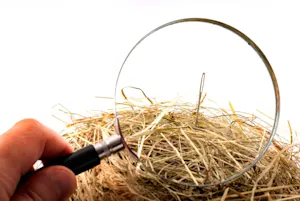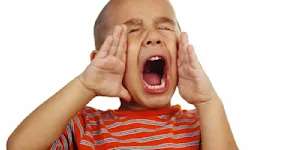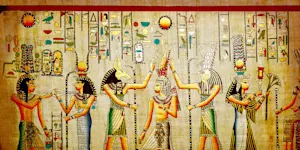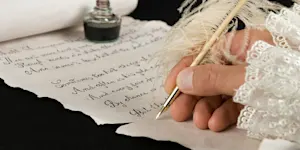What Makes This Word Tick
"Effete" might not be a word you use every day, but it sure has quite a personality. It's a term that suggests being worn out, exhausted, or even a bit pretentious. Imagine a once-mighty empire getting a bit too comfortable on its laurels and losing its edge. That’s "effete" for you—a mix of weakness and maybe a touch of snobbery.
If Effete Were a Person…
This character would likely be the former star quarterback who now prefers sipping lattes over touchdowns or perhaps a monarch whose crown is slipping as they revel in lavish banquets. Always dressed immaculately and with an air of entitlement, they'd tell grand tales of past glories, even if their current life is one of leisure and complacency.
How This Word Has Changed Over Time
"Effete" began its linguistic journey from the Latin word "effetus," meaning "worn out from bearing young." Over centuries, it evolved from describing barren land to eventually characterizing people who are seen as overly refined or lacking in vigor. Quite a transformation from agricultural roots to societal critiques!
Old Sayings and Proverbs That Use Effete
While "effete" isn’t commonly found in proverbs, its implied meanings often appear in sayings that warn against resting on one’s laurels. Think of phrases like "use it or lose it," where the caution is against becoming too complacent or losing one's edge through inactivity.
Surprising Facts About Effete
Despite its modern connotation of decadence, "effete" actually connects back to childbirth—once used to describe fields that couldn't bear fruit, petering out to describe aristocrats with seemingly nothing left to offer. It’s a little like how an overgrown garden eventually stops producing vegetables.
Out and About With This Word
In everyday chatter, "effete" might pop up in critiques of politics or social commentary, often with a snarky edge. Writers sometimes deploy it when they want to paint a picture of pretension or vast landscapes of cultural stagnation. Not exactly casual conversation, but it sure spices up an editorial!
Pop Culture Moments Where Effete Was Used
While not screaming from movie posters, "effete" can be found in complex dialogues or the sharp wit of satirical TV shows. Think of those moments when a savvy character sharply critiques the establishment or when an action hero feels a bit miffed by the overly polished bureaucrats they must navigate around.
The Word in Literature
You’ll find "effete" in literature that deals with social decay or characters grappling with identity under a veneer of high society. Authors like F. Scott Fitzgerald, who loved dissecting the Roaring Twenties’ upper echelons, would be right at home with "effete" scribbled in the margins.
Moments in History with Effete
The fall of Rome or the decline of other grand empires often get labelled with "effete" during history's retrospectives. It describes historical tipping points where once-dynamic entities grew too self-indulgent and lost their potency.
This Word Around the World
Globally, the concept behind "effete" translates into different cultural critiques. In languages like French or Italian, similar terms might be used to critique the nobility or urban youths who are seen as overly detached from traditional values.
Where Does It Come From?
"Effete" traces back to the Latin "effetus," meaning "outworn" or "exhausted." Originally used in a biological wane, it found its footing in the English language during the 17th century. Its journey from physical exhaustion to describing societal stagnation is quite the etymological ride.
How People Misuse This Word
Folks sometimes swap "effete" for "elite," assuming it simply means cultured or high class. In reality, it’s a bit more biting, hinting at weakness underneath sophistication. Easy to confuse, as it’s not a word bandied about at picnics!
Words It’s Often Confused With
Elite: "Elite" implies the crème de la crème, while "effete" hints at decline or weakening.
Ethereal: While both suggest fragility, "ethereal" denotes delicacy in a positive, otherworldly sense.
Affect: Some might say "affect" when they mean "effete," confusing pretense with exhaustion.
Additional Synonyms and Antonyms
Synonyms for "effete" include decadent, enervated, and luxuriant. Its antonyms would be vigorous, robust, and dynamic—words that burst with energy and vitality.
Want to Try It Out in a Sentence?
"While the city council appeared effete in their discussions, the grassroots leaders demonstrated a fresh surge of energy and change."
















